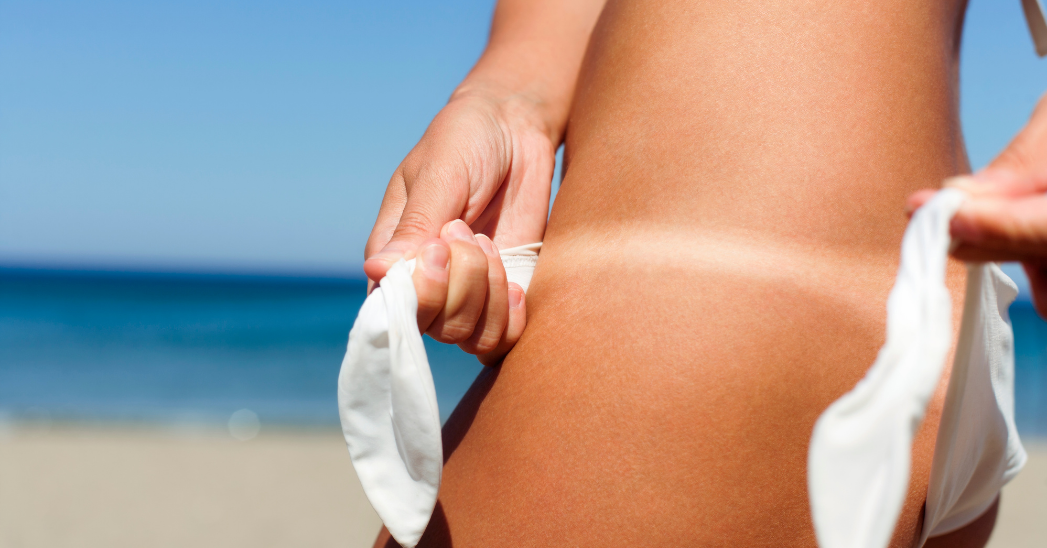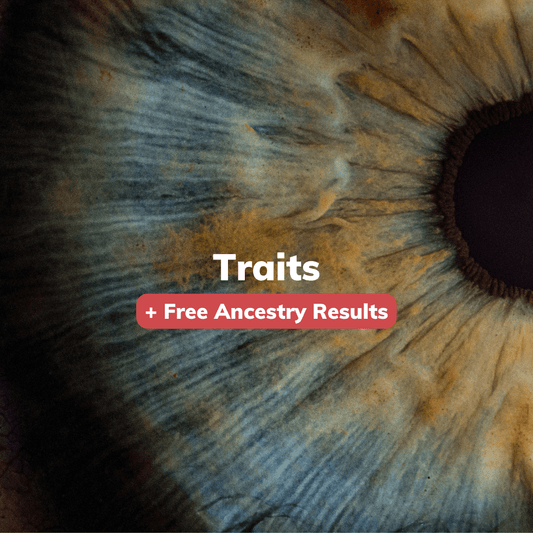
Tanning ability
Celine HaarhoffTanning ability is a person's natural ability to produce melanin, the pigment that gives skin its color and protects it from the harmful effects of the sun's ultraviolet (UV) rays.
People with a high level of melanin are more likely to tan easily and have a lower risk of developing skin cancer. On the other hand, people with a low level of melanin are more likely to burn easily and have a higher risk of skin cancer.
A person's genetic makeup plays a significant role in determining their tanning ability. Certain genes are responsible for the production of melanin, and variations in these genes can affect a person's ability to tan.
For example, the MC1R gene is responsible for producing red and yellow pigments in the skin. People with certain variations of this gene are more likely to have red or blond hair and freckles and are less likely to tan easily.
Several symptoms can indicate a person's predisposition to tanning ability. People with a high level of melanin are more likely to have a dark complexion and are less likely to burn easily when exposed to the sun. On the other hand, people with a low level of melanin are more likely to have a fair complexion and are more likely to burn easily.
In addition to skin color and burning, other symptoms can indicate a person's predisposition to tanning ability. For example, people with a high level of melanin are more likely to have moles on their skin and are less likely to develop wrinkles and sun spots. On the other hand, people with a low level of melanin are more likely to develop wrinkles and sun spots and are more likely to have freckles.
A genetic test can help determine a person's predisposition to tanning ability by analyzing their genetic makeup. This test involves collecting a sample of a person's DNA, usually from a cheek swab or a saliva sample. The DNA is then analyzed for gene variations associated with melanin production.
The results of a genetic test for tanning ability can provide valuable information for people concerned about their skin cancer risk. By knowing their level of melanin production, they can take steps to protect their skin from the harmful effects of the sun.
In conclusion, tanning ability is a person's natural ability to produce melanin. This pigment gives skin its color and protects it from the harmful effects of the sun's UV rays. A person's genetic makeup plays a significant role in determining their tanning ability, and a genetic test can help determine their predisposition to tanning.
By knowing their level of melanin production, people can take steps to protect their skin from the harmful effects of the sun and reduce their risk of skin cancer.


